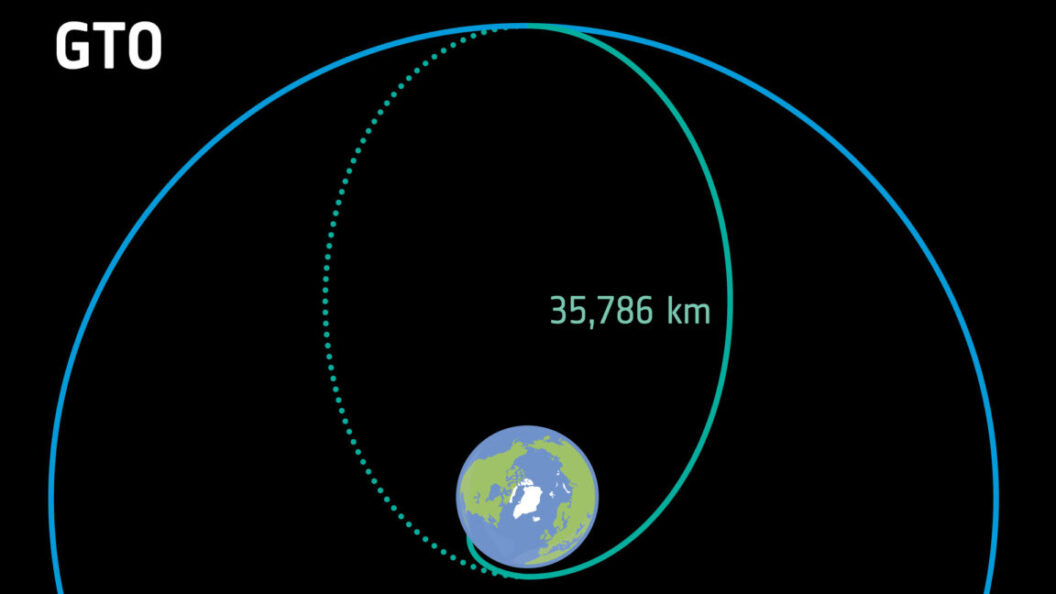SpaceX and Blue Origin Update: Innovations and Delays
As the space industry continues to thrive, two major players, SpaceX and Blue Origin, recently made headlines with significant updates on their respective rocket programs. While SpaceX successfully achieved a noteworthy milestone in controlled deorbiting, Blue Origin faces delays with its New Glenn rocket, prompting discussions on the implications for future launches.
SpaceX’s Falcon 9 Achieves Controlled Deorbiting
SpaceX’s Falcon 9 rocket, with nearly 500 missions to date, has introduced a remarkable new capability following its recent launch of the SiriusXM SXM-10 satellite on June 7. Traditionally, Falcon 9’s upper stages would remain in orbit for extended periods, contributing to space debris after deploying payloads into geosynchronous transfer orbits (GTO). This time, however, SpaceX managed a successful controlled deorbit of the upper stage after it completed its mission.
Jon Edwards, SpaceX’s Vice President of Falcon and Dragon Programs, highlighted this achievement, stating, “While we routinely do controlled deorbits for LEO stages (e.g., Starlink), deorbiting from GTO is extremely difficult due to the high energy needed to alter the orbit, making this a rare and remarkable first for us.” This innovation not only showcases SpaceX’s engineering capabilities but also addresses a growing concern regarding space debris, emphasizing the company’s commitment to safety in space exploration.
Blue Origin’s New Glenn: Launch Delays Announced
In contrast to SpaceX’s success, Blue Origin’s New Glenn rocket has faced significant delays following its debut in January. Initially targeting a late spring date for its second launch, CEO Dave Limp recently announced that this mission will now be postponed until at least August 15. He revealed that the upcoming flight, dubbed "Never Tell Me the Odds," aims to successfully land and recover the booster, an ambitious challenge that underscores the complexities inherent in the launch process.
Limp emphasized the importance of this mission, stating: “This will take a little bit of luck and a lot of excellent execution.” The company plans to produce eight second stages (GS2s) this year, with the one slated for the upcoming mission having undergone hot-fire testing in April. Despite the delays, Blue Origin continues to focus on refining their technology and ensuring robust mission planning.
Impact and Future Implications
The advancements made by SpaceX with controlled deorbiting illustrate the company’s leadership in addressing critical issues surrounding space debris—an increasingly significant challenge as more satellites enter orbit. This development enhances not only SpaceX’s reputation but also places pressure on competitors to adopt similar environmentally responsible practices.
On the other hand, Blue Origin’s delays with New Glenn raise questions regarding their production timelines and competitive edge in the space launch market. As both companies navigate their respective challenges and successes, the future of the space industry remains dynamic and unpredictable. Continued successes in controlled deorbiting may prompt enhancements in satellite launch strategies across the industry, while delays can impact mission planning and stakeholder confidence.
In sum, the contrasting narratives of SpaceX and Blue Origin illustrate the balancing act of innovation and execution in the rapidly evolving aerospace sector. These developments not only reflect individual company strategies but also signal broader trends that could shape the future of space exploration and commercial launches. As the industry progresses toward greater sustainability and reliability in operations, the actions taken today will undoubtedly resonate in the future of space exploration.









